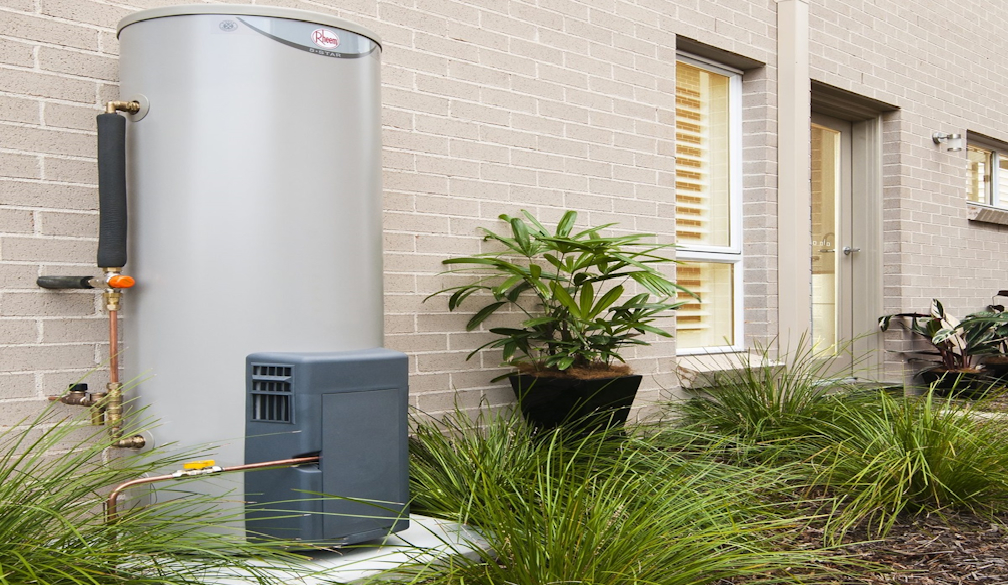How Psoriasis Is More Than Itchy Skin
- Written by Nyaka Mwanza

Psoriasis is one of several conditions under the psoriatic diseases category. A chronic autoimmune (AI) condition, psoriasis causes inflammation and the accelerated production of skin cells. In fact, the most common visible markers of psoriasis are the thick, reddish skin patches covered by whitish, dry flakes. Skin builds up more quickly than it can shed, causing patches of thickened, scaly skin that can crack, bleed, and itch.
There are several conditions and different types of psoriasis under the psoriatic disease umbrella. But skin issues aren’t the be all and end all of psoriatic disease. Psoriatic symptoms depend on what type of psoriasis a person is diagnosed with and several other factors.
More Than Itchy Skin: Symptoms of Psoriasis
Inflammation causes the visible psoriasis rash or plaques, as well as intense itching, burning, and soreness. Psoriasis isn’t only limited to the skin. The overactive immune response that is at the root of psoriatic disease symptoms can also cause pain, swelling, eye problems, and joint damage in several other parts of the body.
Joint Involvement
Psoriatic arthritis (PsA) is a chronic, inflammatory joint disease affecting the joints, tendons, and ligaments. PsA can affect any joints or ligaments and tendons that connect to bone. Symptoms of PsA include stiffness, pain, and swelling in joints and over tendons. Left untreated, PsA can cause joint damage that affects mobility and can lead to disability. It can also cause severe joint deformity.
Mental Health Complications
Psoriasis contributes to and exacerbates mood dysregulation like depression and anxiety in several ways. As with all chronic illnesses — the stress of an uncomfortable condition that has no current cure — depression and anxiety are common in psoriatic disease.
Due to pain and itching, many people with psoriasis and psoriatic arthritis experience insomnia. Insomnia related to physical discomfort is also referred to as “painsomnia.” Poor sleep leads to tiredness and fatigue, and it also worsens mental health, mood, and a person’s general quality of life.
Other Physical Symptoms
Fatigue is a very common symptom of psoriatic disease. High levels of inflammation are taxing to the body. People with PsA are at increased risk of developing anemia (low red blood cell levels). Insufficient red blood cells can lead to reduced oxygen levels circulating around the body, which contributes to fatigue.
Psoriasis can cause nail dystrophy — inflammation of and fungal infections in the nails. In these instances, one’s nails can become loose, crumbly, thick, and ridged. Nail dystrophy can cause discoloration of the nails with white spots, thin black lines, or a yellow-red hue underneath.
Psoriatic disease can cause uveitis, or inflammation of the eyes. Symptoms of uveitis include redness, pain, and sensitivity to light. If uveitis goes untreated, it can cause vision loss.
Eczema vs Psoriasis: Are They the Same?
Psoriasis and eczema share several similarities. Eczema and psoriasis are both AI diseases caused by overactivation of the immune system. They are often confused for one another and some people use the terms interchangeably. However, eczema and psoriasis are not one and the same.
The following points illustrate some of the differences between eczema vs psoriasis:
-
Eczema is frequently related to allergies; many with eczema also have food allergies, seasonal allergies, and asthma. Psoriasis is not.
-
Eczema’s symptoms are usually skin-related only. Psoriasis is more than just itchy skin.
-
Psoriasis is a systemic disease and affects the whole body. Psoriasis causes inflammation, fatigue, and other symptoms.
-
Psoriatic disease can also cause other inflammatory conditions such as:
-
PsA, which approximately 30 percent of people with psoriasis develop, can lead to joint damage and eventually to disability.
-
PsA can also cause uveitis (inflammation of the eye), which can result in loss of vision if not treated.
-
References

Nyaka Mwanza is a freelance writer for MyHealthTeams. She completed a B.A. in Communications: Visual Media from American University and undertook post-baccalaureate studies in Health/Behavioral Communications and Marketing at Johns Hopkins University. Nyaka is a Zambian-born, E.U. citizen who was raised in sub-Saharan Africa and Jacksonville, N.C. However, she has called Washington, D.C., home for most of her life. For much of her career, Nyaka has worked with large global health nonprofits focused on improving health outcomes for women and children. Nyaka believes words hold immense power, and her job is to meet the reader where they are, when they’re there.




